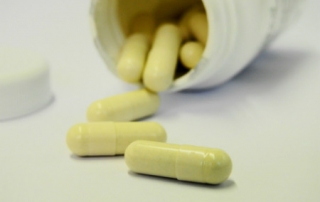You Asked: What Dose of Folic Acid for Pregnant Women Taking Lamotrigine (Lamictal)?
In our community of perinatal psychiatrists, we have recently seen many questions regarding the use of folic acid supplementation in women taking lamotrigine (Lamictal). While all recognize that all women of childbearing age should receive [...]






